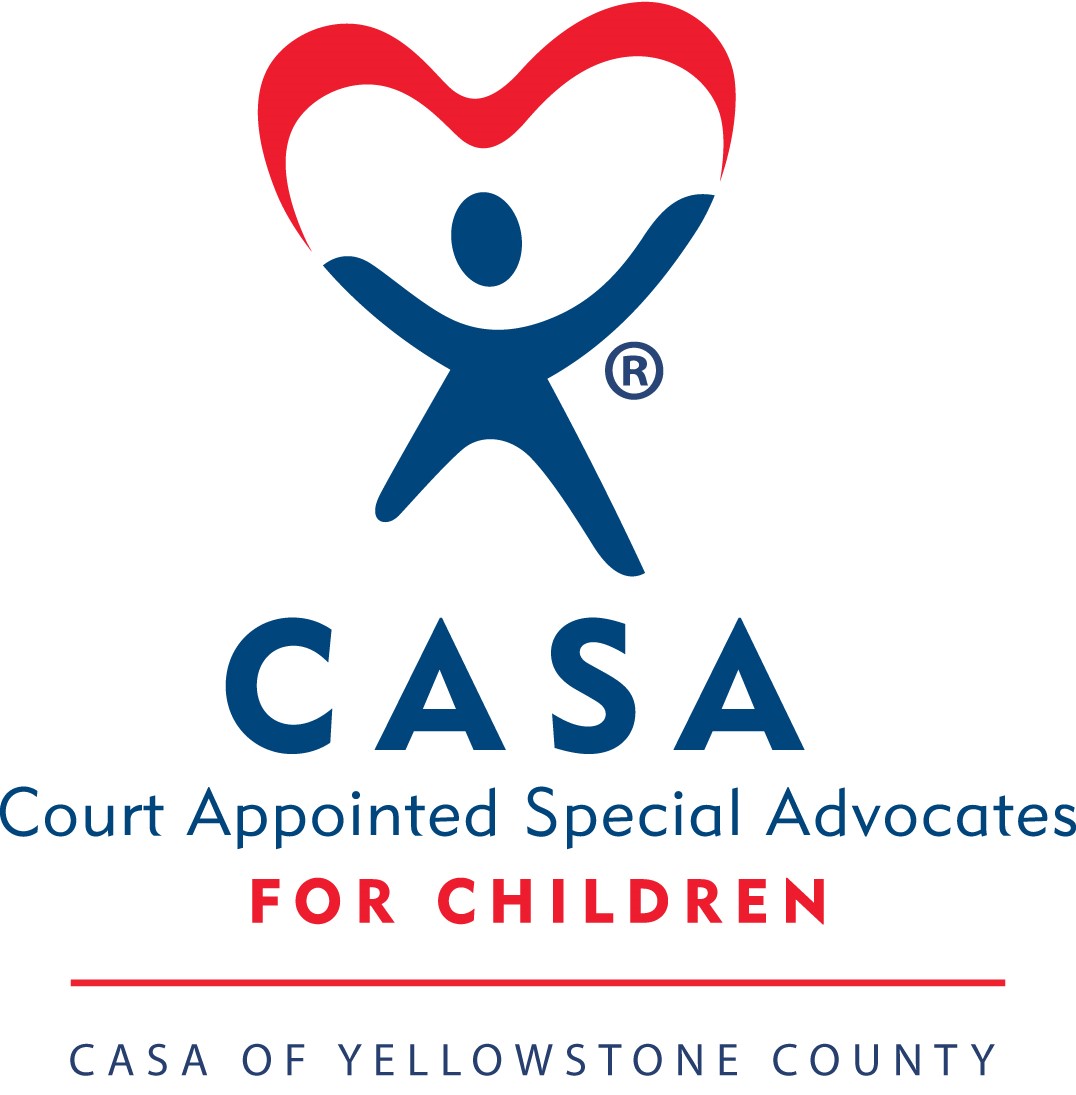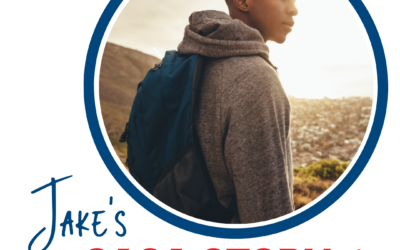I’ve been thinking a lot about vulnerability lately. It’s a term I often hear thrown around:
“That population is vulnerable to infection and illness.”
“After the trauma of removal, it takes a lot for a child to get vulnerable with others again.”
Or, when playing board games, “That city is vulnerable to attack.”

Julia M Cameron
Vulnerability can seem like a liability. If I am vulnerable, I am exposed to external pressures and may become injured. I could experience pain—sometimes physical pain, but often even worse, emotional pain. Maybe it would be better for me to protect myself, my emotions and my physical space in an effort to avoid that pain.
But as leaders in the community, Court Appointed Special Advocates can do so much more when operating from a vulnerable space than if we are working from a self-protective space. CASAs are servant leaders, who work for the good of those around us and not for our own advancement.[i] We are not satisfied with looking good, sounding good or being thought of as doing good—we are satisfied when we foster an environment in which those around us thrive. Our leadership—speaking out on behalf of kids in our community, sometimes at odds with other professionals—is in service to others. But one of the foundations of servant leadership character is vulnerability, risking exposure of ourselves to negative words and emotions. If we remember that our advocacy is not for the sake of our physical and emotional comfort and that our success as CASAs should not be measured by how cozy we feel, we will be ready to risk a little bit of discomfort if it means the kids will be better served.

Paul Filitchkin
So continue rocking on, Advocates. The kids of our community need you, someone to stand in their corner and yell themselves hoarse, more than ever in these times of uncertainty and chaos. Keep on risking a little conversational discomfort if it means your CASA child may, for example, receive services a little more quickly. Remember that it’s not about you and your comfort—it’s about the kids and their safety. And most importantly, remember that you are not alone. You have the entire staff of CASA of Yellowstone County standing behind you, supporting you in turn. Be safe out there in these trying times, but be vulnerable in service of your CASA kids.
If you have not yet made the move to servant leadership in our community through child advocacy, I encourage you to give it a try. Email Ben McKee, Development Director, at ben@yellowstonecasa.org for more information.
[i] For more on the philosophy of servant leadership, I recommend Building Leadership Character by Amy Newman (2018).
Ashley Milsop is a Program Coordinator for CASA of Yellowstone County.





